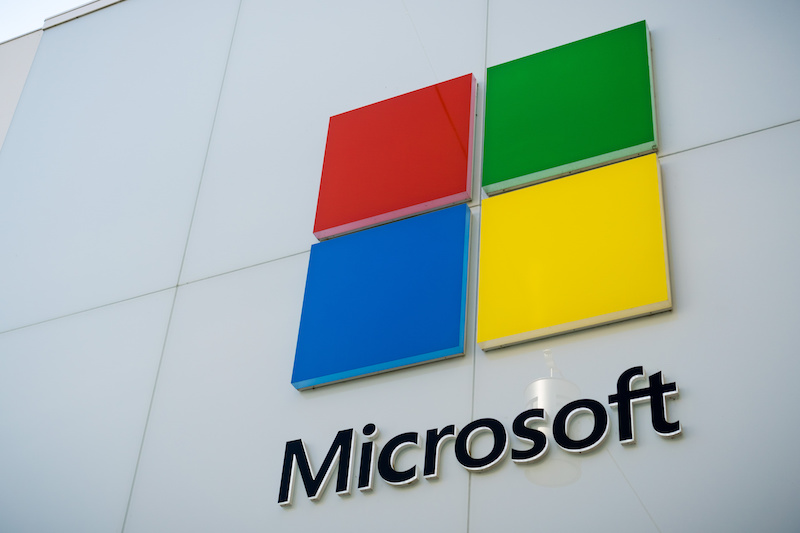Security News > 2020 > October > Microsoft Zerologon Flaw Under Attack By Iranian Nation-State Actors

Microsoft is warning that an Iranian nation-state actor is now actively exploiting the Zerologon vulnerability, adding fuel to the fire as the severe flaw continues to plague businesses.
Exploiting the bug allows an unauthenticated attacker, with network access to a domain controller, to completely compromise all Active Directory identity services, according to Microsoft.
"MSTIC has observed activity by the nation-state actor MERCURY using the CVE-2020-1472 exploit in active campaigns over the last 2 weeks," according to a Microsoft tweet on Monday evening.
Microsoft released a patch for the Zerologon vulnerability as part of its August 11, 2020 Patch Tuesday security updates.
"One of the adversaries noticed by our analysts was interesting because the attacker leveraged an older vulnerability for SharePoint to exploit remotely unpatched servers and then implant a web shell to gain persistent access and code execution," said Microsoft in an earlier analysis.
News URL
https://threatpost.com/microsoft-zerologon-attack-iranian-actors/159874/
Related news
- Critical RCE bug in Microsoft Outlook now exploited in attacks (source)
- Microsoft Identifies 3,000 Leaked ASP.NET Keys Enabling Code Injection Attacks (source)
- Microsoft Uncovers Sandworm Subgroup's Global Cyber Attacks Spanning 15+ Countries (source)
- Microsoft: Hackers steal emails in device code phishing attacks (source)
- Microsoft fixes Power Pages zero-day bug exploited in attacks (source)
- Botnet targets Basic Auth in Microsoft 365 password spray attacks (source)
- New ClickFix attack deploys Havoc C2 via Microsoft Sharepoint (source)
- Hidden Threats: How Microsoft 365 Backups Store Risks for Future Attacks (source)